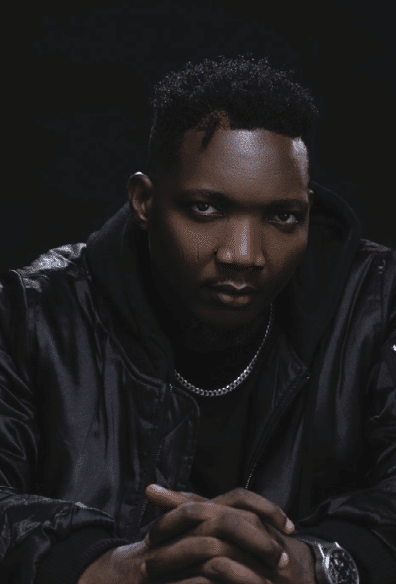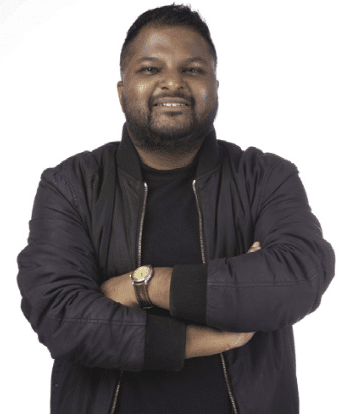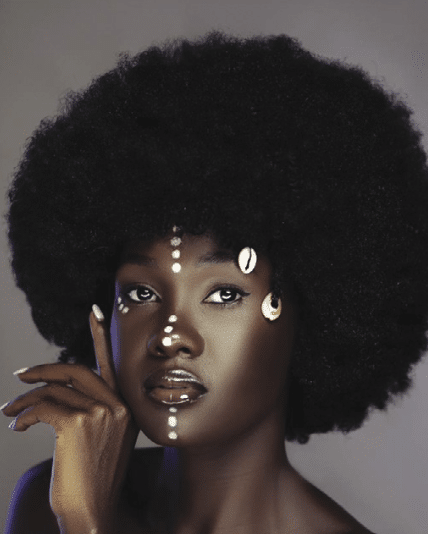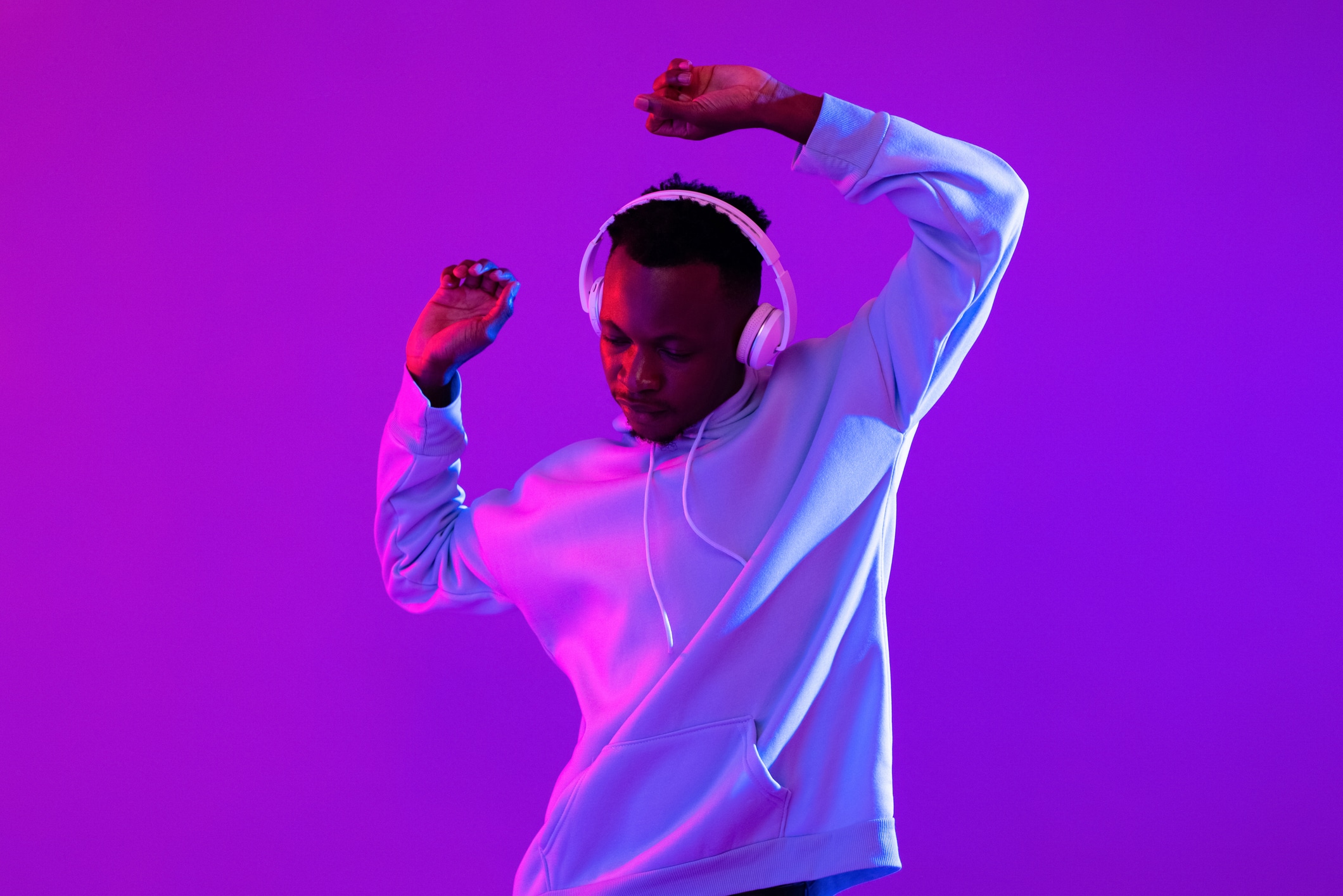Africa is a hit on TikTok, with instant global acceptance of the music coming out of the continent – and the artists are cashing in.
BY PAULA SLIER AND SASHA STAR
An earworm is defined by the Oxford English Dictionary as “catchy song or tune that runs continually through a person’s mind”
The song tends to crawl into one’s brain as easily as a worm would in some squishy earth and there it lies in wait for the most random of moments. It then squirms, on its own unexpected accord, just long enough for a few select beats or lyrics to be recalled. The metaphorical maggot goes round and round, with no time limit for the internal soundtrack. The musical experience is known to last anything from a couple minutes to several weeks and all one can do is pray that some other bizarre tune replaces it at some point.
Some people hate having a particular melody or phrase stuck in their head, but one social media platform is banking on the phenomenon.
Loading...
Although it was launched worldwide in the middle of 2018, it was not until the global Covid pandemic hit two years later that TikTok went truly viral. Stuck indoors during lockdown, people began making videos to keep themselves occupied while scrolling endlessly through other people’s videos to banish the boredom.

A lady reached out to me from Germany to tell me she heard my song doing well on TikTok and that she appreciates my music.
With more than a billion users around the world (and the figure is expected to grow to 1.5 billion by the end of 2022), TikTok has enabled global citizens to interact with one another even as countries closed their borders.
“A lady reached out to me from Germany to tell me she heard my song doing well on TikTok and that she appreciates my music,” shares Nigerian artist, Goya Menór. If his name does not ring any bells, the earworm he created with Ghanaian producer Nektunez likely will.
“You want to bamba? You wanna chill with the big boys?”
Those were the questions plastered across TikTok in December 2021. The track from which those lyrics are borrowed was initially released in June 2021, but it was not until someone decided to share four lines of the chorus on TikTok that Ameno Amapiano
became one of the most recognized songs in the world. And even if half of the global population didn’t understand what it meant, they were still asking the questions — over 4.7 million times.
“A lot of my friends in Nigeria began messaging me and sending me videos of different celebrities using the song to make videos. To my greatest surprise, it popped up to be one of the biggest songs worldwide.”
Amongst those who have filmed themselves lip- syncing or dancing to the now-famous words are LA Lakers star, Shaquille O’Neal; Manchester United midfielder, Paul Pogba; musicians Shakira and Janet
Jackson; and actress Liza Koshy.
“On TikTok, every artist in the world has an equal opportunity to make their song a global sound,” believes Menór who, prior to Ameno Amapiano’s success, was considering giving up music.

Music discovery on TikTok has been a huge thing that we’ve been focusing on in Africa. It’s the best place to find new music on the internet right now.
“Irrespective of whether you are an upcoming artist or in competition with a superstar, if you have the best sound, TikTok users will vibe with it and it will start trending.”
“Music discovery on TikTok has been a huge thing that we’ve been focusing on in Africa. It’s the best place to find new music on the internet right now,” says TikTok’s Music Operations Lead for Sub-Saharan Africa, Yuvir Pillay. “The platform has somewhat democratized the music industry. If you as an artist are able to engage with the community on TikTok and make sure people are using your music to create videos that are also interesting for other users, you’re going to find some kind of success.”
Menór is not the only African artist with an instantly recognizable song thanks to the Chinese app.
There are well over three million videos featuring Love Nwantiti by CKay. The track was successful when the Nigerian artist first released it in 2019, but the acoustic version made popular by TikTok in 2021 is what entered the US Billboard 100 and found itself as the most Shazamed song in the world.
“Love Nwantiti is so accepted that people use it as a soundtrack to their lives, whatever their
lives may be. From fashion, to sports, to cooking, to dancing,” CKay says of the Afrobeats ballad. The song was originally used in a challenge where users introduced themselves by name, age, and country, but the majority of videos consist of TikTokers copying a dance routine choreographed by fellow user, Tracy OJ.
“There’s lots of amazing content there,” CKay states of the platform. “The creators keep the app alive. TikTok is just an app — it’s the people on it that make it interesting.”
Angella Summer Namubiru is one such creator.
More than 4.4 million users follow the model whose videos are typically shot in her rural village.
“My content is about Africa and my culture as a Ugandan woman. I wanted to show people how we used to do things way back then, because if we as Africans embrace our cultures and start showing them to the world, maybe they will understand who we truly are,” Namubiru explains.
“My purpose is to teach the current generation and people who don’t know about my culture as I think showing them will give them another view of Africa.”
According to the breakdown which TikTok provides, the majority of Namubiru’s followers hail from the United States, Germany, the Philippines, Nigeria, Canada and the United Kingdom.
“Some think that my background is a green screen,” she laughs.
Although the majority of the comments she receives are positive, that is not always the case. The 26-year-old has been subjected to nasty remarks about her skin tone and facial features.
“In the beginning, I used to sit down and cry and ask myself if I’m good enough, whether I should stop recording myself. But then you realize that it is not only about you, because they do it to everyone. At the end of the day, what they say is not real. You just have to love yourself and keep doing you.”

My content is about Africa and my culture as a Ugandan woman. I wanted to show people how we used to do things way back then, because if we as Africans embrace our cultures and start showing them to the world, maybe they will understand who we truly are.”
– Angella Summer Namubiru
“I think once you do something just for the views, there is no point,” says Wian van den Berg.
The self-taught magician is the most- followed creator in his native South Africa, with 1.4 out of every 100 people in the country watching his magic tricks.
“[Being most-followed] is a title that I never really thought about; however, I am also open to being passed one day. I think it would be great for influencers like myself to be taken seriously, as people usually think only Americans can have tens of millions of followers.”
Van den Berg says that TikTok has changed his life by enabling him to make a living from doing what he loves, something which Pillay says is entirely possible.
“Because so many brands are now looking to TikTok to showcase their products and services, there are many ways to monetize being on the app,” Pillay explains. “It’s easy to grow from zero to 100,000 followers in a month as long as you are putting out great content. As soon as you become a big creator, a lots of these brands may be reaching out.”
One of the reasons that sudden, exponential growth is achievable is due to the way TikTok has been designed.
“The app has an algorithm that actually favors creators,” CKay notes. “To reach a million people on another app you probably have to pay for advertising and all that stuff, but to reach a million people on TikTok is kind of easier.”
“It always feels like TikTok just knows what you would want to see,” agrees Van Den Berg.
That said, Namubiru hopes that creators realize who is being influenced by the content that they post.
“Sixty percent of people on TikTok are young kids. What are you showing them? Your nakedness, your stubbornness? I think as influencers we need to focus more on what we are doing because if members of the younger generation love you, they want to copy what you’re doing.”
The tendency to present “perfection” on social media — from using face- augmenting filters to portraying glamorous lifestyles — has the ability to create unrealistic standards which Namubiru believes can be exceptionally dangerous.
“If younger people are unable to do things the same way as the influencers do, it makes them feel bad. And when they get depressed, sometimes they do harmful things to themselves. They need to understand that social media is not real, and parents need to monitor what their children are watching.”
When done right, however, social media platforms like TikTok have the potential to showcase the continent’s vast talent pool and alter inaccurate perceptions.
“I ran into a guy who is a waiter, who also happens to have a ton of followers and be a DJ. That is what I admire most about our continent — we have so much talent and drive to put our names out there. The rest of the world is watching Africa and very interested in what we can do,” Van den Berg says.

We have so much talent and drive to put our names out there. The rest of the world is watching Africa and very interested in what we can do.
“I want people to understand that when they see a mud house, it doesn’t mean someone is poor,” states Namubiru. “If someone is happy and enjoying life in that mud house, to me, they are rich! I don’t want people to see only the poor side of Africa — I want people to see Africa as ‘Africa the continent.’ It has so many countries and so many cultures and so many beautiful things.”
As well as a habit of producing some outstanding earworms.
Loading...
